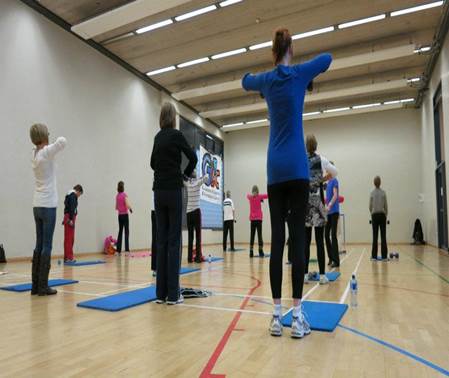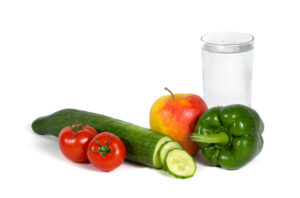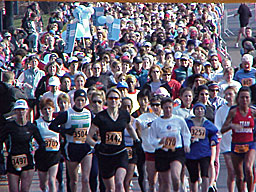No matter what your fitness goals are-whether you want to lose weight, tone up, build muscle or to give yourself a new fitness regime this programme is suitable for you.
You will be motivated and guided by Marie an Exercise & Nutrition Specialist and 1988 Irish Olympian (Marathon).
Marie’s classes are safe for people with chronic diseases for example: cancer, osteoporosis, or diabetes.
Also available are health monitoring tests, nutritional status analysis, walking and running programmes.
View: Benefits in doing Resistance Training
To reserve your place on the course please complete registration form and health questionnaire below and email to marie@mariemurphyhealthfitness.com or you can drop-in for a class to try it out.
See you soon!
LOCATION/TIME
BERA Hall (Bulfin Estate Residents Association)
Connolly Ave, Inchicore
Dublin 8 Eircode D08 E529
Tuesdays 7:00pm – 8:00pm
REGISTRATION FEE:
€45 (4 weeks)
DROP-IN FEE:
€15
HEALTH MONITORING TESTS €35 (registered members €20.)
-
Standard Measurements
-
Physiological Testing
-
Blood Pressure
-
Heart Rate
-
Lung Function
-
-
Body Composition
-
Body Mass Index (BMI)
-
Abdominal Girth
-
Bioelectric Impedance Analyser
-
-
Fitness Testing
-
Muscular strength
-
Aerobic capacity
-
NUTRITIONAL ASSESSMENT €50 (registered members €30.)
-
-
Nutritional Status Analysis
- Macronutrient breakdown
-
BMR, AMR, RDA
- Diet plan

-
- Nutritional Status Questionnaire
- Health Questionnaire
- Quality of Life Questionnaire
- Medical Consent Form
- MMP-Waiver
- Health Assessment Overview
- Video: Murphy METs Programme
The Murphy METs Programme is now available for Exercise Professionals to become qualified in delivering the programme to cancer survivors or those with long term health conditions. Please see Trainers Short Course for further information.



 Do not experiment with new foods; Stay with foods that you are familiar with; if it has not been part of your regular daily nutrition chances are it will do more harm than good.
Do not experiment with new foods; Stay with foods that you are familiar with; if it has not been part of your regular daily nutrition chances are it will do more harm than good. Low glycaemic carbohydrates at breakfast; Overnight fasting reduces liver glycogen. Carbohydrates with low or moderate ratings on the glycaemic index (GI) are the preferred type of carbohydrate for consumption 3-5 hours before your marathon (e.g. oatmeal, porridge, banana, orange juice, grapes, whole meal bread, and yoghurt).
Low glycaemic carbohydrates at breakfast; Overnight fasting reduces liver glycogen. Carbohydrates with low or moderate ratings on the glycaemic index (GI) are the preferred type of carbohydrate for consumption 3-5 hours before your marathon (e.g. oatmeal, porridge, banana, orange juice, grapes, whole meal bread, and yoghurt).
 When athletes complete a marathon distance usually their thoughts are not focused on the importance of recovery; making the right choices in post-training and nutrition. Crossing the finishing line participants are mainly excited and relieved that they have finished.
When athletes complete a marathon distance usually their thoughts are not focused on the importance of recovery; making the right choices in post-training and nutrition. Crossing the finishing line participants are mainly excited and relieved that they have finished.